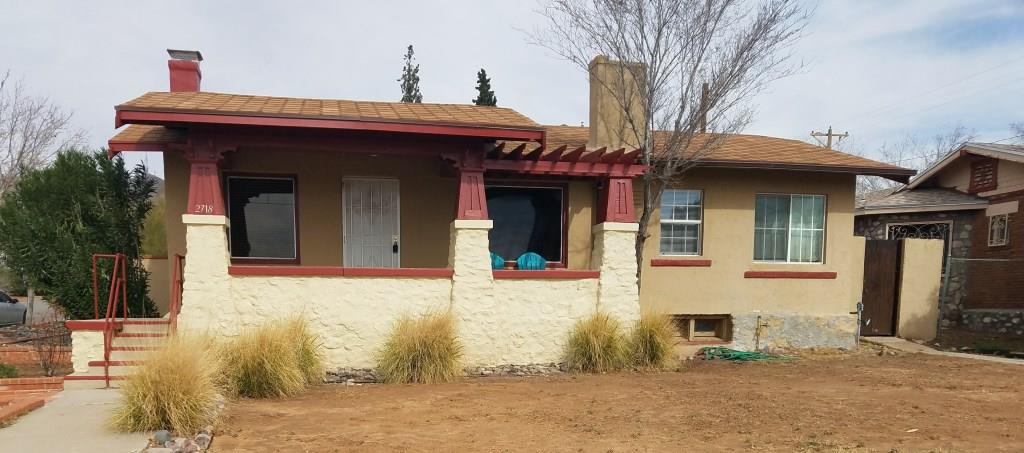(The 3rd of the Ten Ox-Herding Pictures by Yokoo Tatsuhiko
Accompanying a Teisho by Kubota Ji'un
Based on the 10 Ox-Herding Pictures by KAKUAN Zenji in the 12th Century)
The Zen-centered internet of late has been blasted with controversy swirling around a couple of men teachers, one dead, one alive, and their relationship with women students. So much so that the controversy slipped into the New York Times like dirty water overflowing the kitchen sink. Like the dishwasher forgot to turn the water off. Have you ever done that—left the water running? I have. Shit, I say. Then I clean up the mess.
Anyway, if you’re interested in that sort of stuff you can track it down at the tricycle.com and sweepingzen.com websites. It’s not fun, but it can be valuable.
In Zen we are responsible for ourselves, but we practice for each other. Still, we are always surprised, myself included, that human beings continue to be human beings no matter how long they stare at the wall with their legs aching. Our stories tell us the fragile teacher/student relationship is fraught with incredible potential for following our path, but, on the flip side, terrible abuse if we are not paying attention. But Zen Buddhism does have the tools to turn the water off and to clean up the mess.
Zen is wise because it gives us no one tool—a rule, a punishment, a dictum, a judge and a jury—that will fit all occasions. We have our daily zazen, the precepts, and the Eight-Fold Noble Path. With these in our practice and heart, we must constantly be looking with fresh eyes. We must not rely on habit. Harvey Daiho wrote a piece on his blog and e-list about the turmoil. I wrote the following in response to his post and simply thinking about the confusion the controversy (aka scandal) caused in my own heart.
 Poet Gary Snyder’s Rinzai teacher used to tell him that Zen was sitting zazen and sweeping. Some people have larger places to sweep, others smaller. That’s okay, that’s the way it is. But, he said, just don’t do too much harm. For me that’s very good advice. We can’t live on the planet—in our neighborhoods and cities—without causing some harm, but we should be aware of our actions and be responsible for them. Karma is about cause and effect. We can see every day how harmful actions (an inappropriate sexual relationship, a gun fired in anger, yelling at a child) can ripple for years and years and even generations through communities—whether they be families, Zen communities or political communities.
Poet Gary Snyder’s Rinzai teacher used to tell him that Zen was sitting zazen and sweeping. Some people have larger places to sweep, others smaller. That’s okay, that’s the way it is. But, he said, just don’t do too much harm. For me that’s very good advice. We can’t live on the planet—in our neighborhoods and cities—without causing some harm, but we should be aware of our actions and be responsible for them. Karma is about cause and effect. We can see every day how harmful actions (an inappropriate sexual relationship, a gun fired in anger, yelling at a child) can ripple for years and years and even generations through communities—whether they be families, Zen communities or political communities. So this is how I try to understand the precepts—sitting zazen and sweeping and not doing too much harm. I like to add to those dictums the rule of camping—always leave a campsite better than you found it. This helps me add a dimension of aesthetics and the imagination to my life. I have to make decisions about the place where I live—both in my home and my communities. I want my life, and the lives of those around me, to be natural and organic, like the perfect campsite, in tune as much as possible to the place where we live. This requires some sweeping. Not too much, but just enough. Of course, remembering not to do much damage. It’s a sweet little dance.
The Ox-Herding verses and pictures are a wonderful tool for practice. They grow on you like koans.







